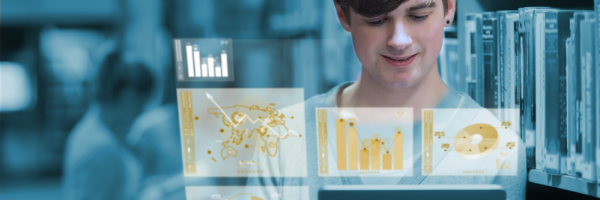Gateways to Public Digital Learning
Gateways to Public Digital Learning
Introduction
Gateways to Public Digital Learning (“Gateways”) is a global initiative jointly led by UNESCO and UNICEF to establish and technically support an international movement to ensure that every learner, teacher, and family can easily find, access, and use high-quality and curriculum-aligned digital education content to advance their learning. It was launched in September 2022 at the Transforming Education Summit, with the endorsement of the UN Secretary General’s Office, held during the UN General Assembly. The initial phase of the initiative will run for three years, until the end of 2025.
Strategies and activities
The initiative consists of three main components.
Component 1: Create and maintain a global gateway to existing public digital learning platforms endorsed by ministries of education or other public authorities, aligned with national curriculum. The global Gateway will provide detailed information about public platforms and will include various indicators of quality. In addition to pointing students, teachers, and families to publicly offered learning platforms and resources, the global Gateway will be beneficial to a wider range of education stakeholders, including platform developers and managers, educational researchers and others looking for a definitive list of national education platforms and analysis on them.
Component 2: Identify and showcase best practices, research, and evidence about digital education platforms and resources, across different contexts, focusing on equity, scalability, safety, and impact.
Component 3: Establish international norms and standards to help countries ensure the quality of public digital learning platforms. These norms and standards will help countries to set appropriate national targets and benchmarks. Depending on interest from Member States, the norms and standards work might culminate in a formal UNESCO standard setting instrument, which usually requires a multi-year process to establish international consensus around public digital learning platforms.
Partners
A 20-person Reference Group - comprised of international experts and representatives from the most important multilateral organizations working in this space - is helping to steer the initiative. It is a superb ‘brain trust’ that contributes its expertise, knowledge, and experience.
How to engage
UNESCO is seeking additional financial support to reinforce this initiative. Not only will learner, teacher, and family benefit from a global portal to public education opportunities and regular analysis of national digital learning platforms, having such a platform will facilitate exchange of good practices between education authorities.
For Member States, UNESCO and UNICEF are seeking to partner with “Gateways Countries” who can help develop the beta version of the platform. These countries are not necessarily those who have the most developed digital platforms of curriculum-aligned education content but who would be interesting in testing and actively refining the Gateway through their feedback.
- More information about the Gateways to Public Digital Learning
- Download 'Gateways to Public Digital Learning Initiative - a primer'
